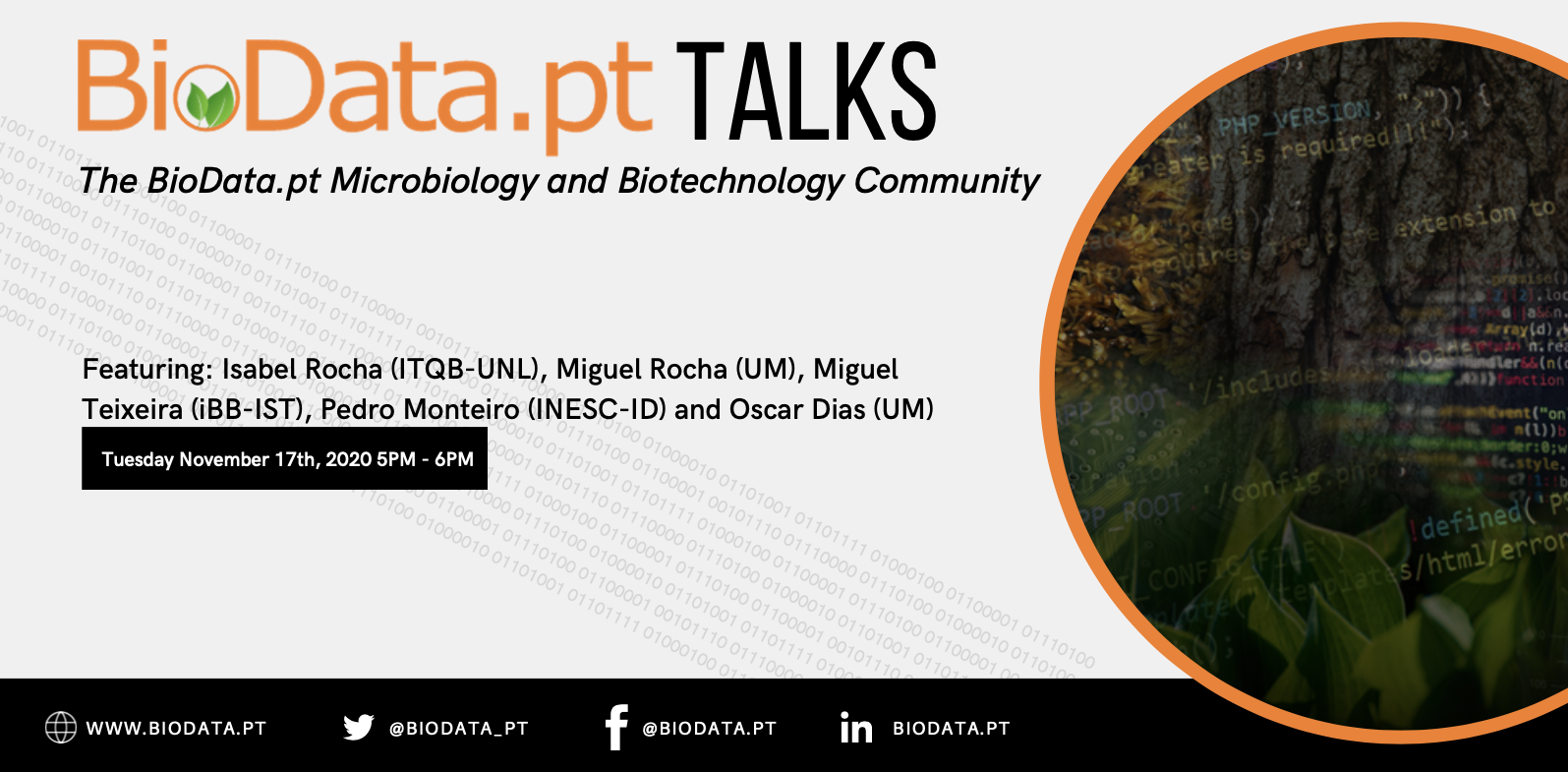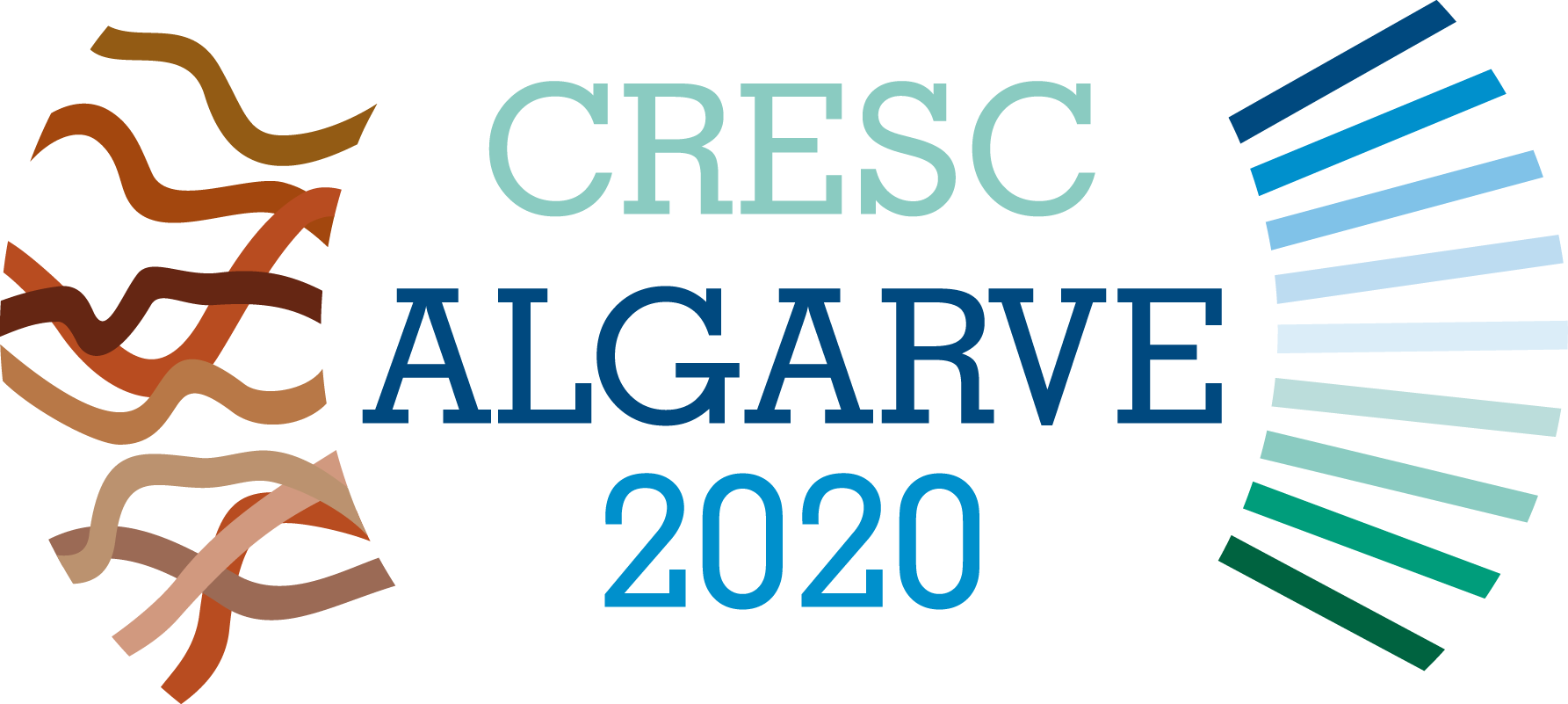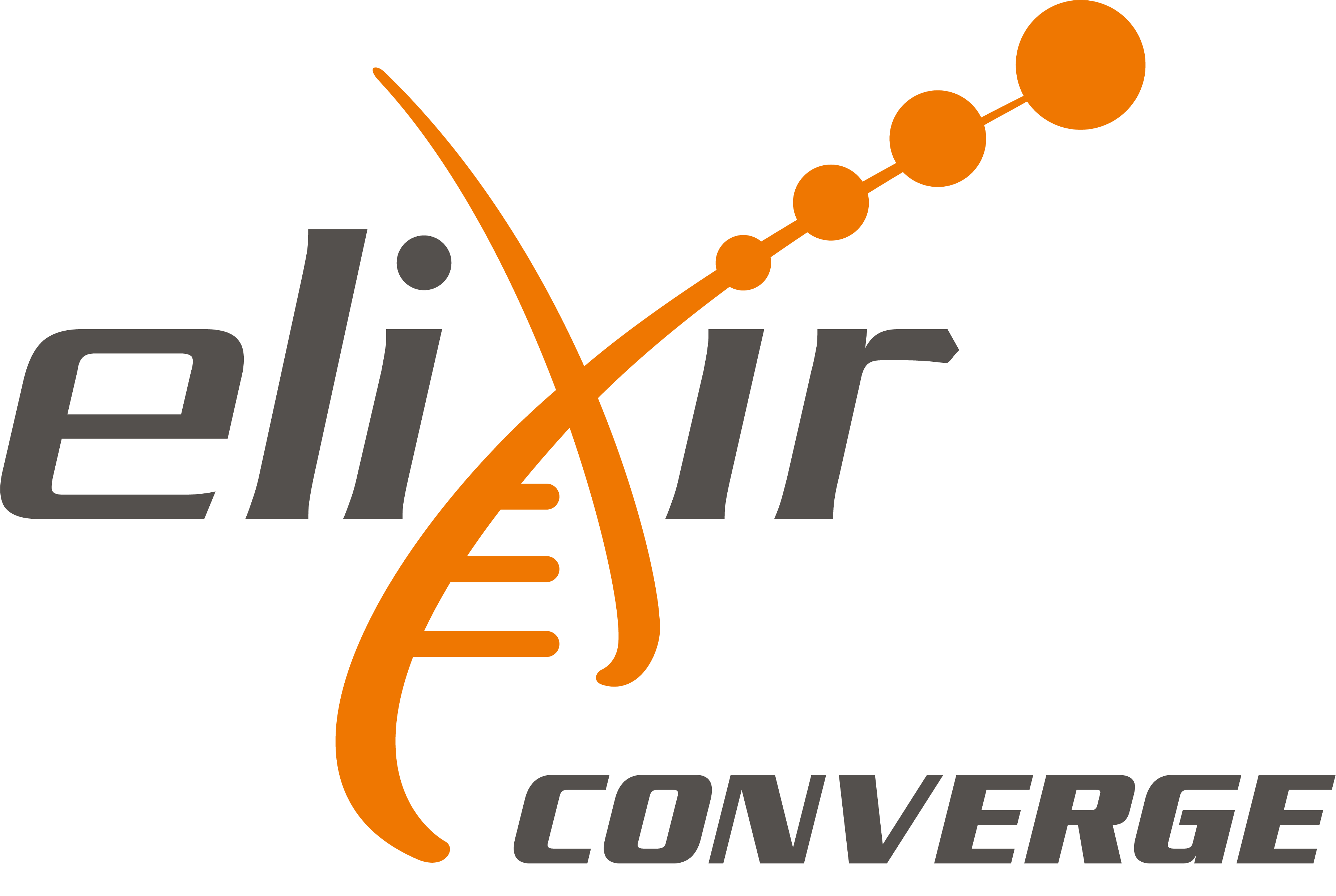BioData.pt Talks comprise a series of monthly webinars given by BioData.pt collaborators and guest experts.
About this Event
The BioData.pt Microbiology and Biotechnology Community is focused on the development of genome-scale metabolic models for different organisms. In this webinar, we will overview some of its current activities such as:
1. Towards a genome-scale model of the Cork Oak tree (Oscar Dias - Universidade do Minho)
Quercus suber is a forest tree with a huge economic impact in the Iberian region. The availability of genomic, proteomic, and metabolomic information for this species makes possible to use Systems Biology tools, such as Genome-Scale Metabolic Models, to study the cellular mechanisms present in the tree, providing insights to increase the resistance to biotic and abiotic stresses and improve cork quality. Here, we present a genome-scale metabolic model for the cork oak tree, comprising over 8000 reactions and including pathways regarding the plant secondary metabolism.
Available transcriptomic data was integrated into the model, originating tissue-specific models for leaf, inner bark, and phellogen. The leaf model is able to grow in autotrophic conditions, while the inner bark and phellogen models can only grow in heterotrophic conditions. The model is able to reproduce the major metabolic features of known phenotypes of the two phases of the diel cycle (day and night) and of drought conditions.
2. YEASTRACT+ Portal (Pedro Monteiro - INESC-ID)
The YEASTRACT+ portal has been continually updated for more than 15 years, currently containing 10 yeast species grouped into 3 distinct, but interconnected databases: Yeastract, which focus on the model yeast and cell factory Saccharomyces cerevisiae; PathoYeastract, created to provide a resource for clinicians and biomedical scientists working with four pathogenic yeasts responsible for more than 90% of all detected candidiasis: Candida glabrata, Candida albicans, Candida parapsilosis and Candida tropicalis; N.C.Yeastract, created to guide the analysis and application of the non-conventional biotechnologically-relevant yeasts: Zygosaccharomyces bailii, Kluyveromyces marxianus, Kluyveromyces lactis, Komagataella pastoris and Yarrowia lipolytica. YEASTRACT+ provides bioinformatics tools for the prediction and visualization of gene and genomic regulation based on orthologous regulatory associations described for yeast species, based on comparative genomics.
Recently, we created Community YEASTRACT, a tool for the analysis of genome sequences. Here, from a genome assembly of interest at NCBI, and with a minimum set of commands, the new genome is compared with a given genome of reference in search of homologous genes, shared regulatory elements and predicted transcription associations, thus benefiting from immediate access to all the comparative genomics queries offered in the YEASTRACT+ portal.
These works are aligned with the mission of the ELIXIR Microbial Biotechnology Community at the European level.
Details:
- The BioData.pt Microbiology and Biotechnology Community - Register here: https://bit.ly/35dTI8K
- November 17th
- 5 pm WET
The BioData.pt Code of Conduct has been adapted from ELIXIR Hub Code of Conduct for Events so all participants at BioData.pt events can interact with each other in a respectful and safe environment safeguarding their personal integrity in case they believe there has been a breach to this Code of Conduct.
Please note that the event will be recorded.

Portugal





